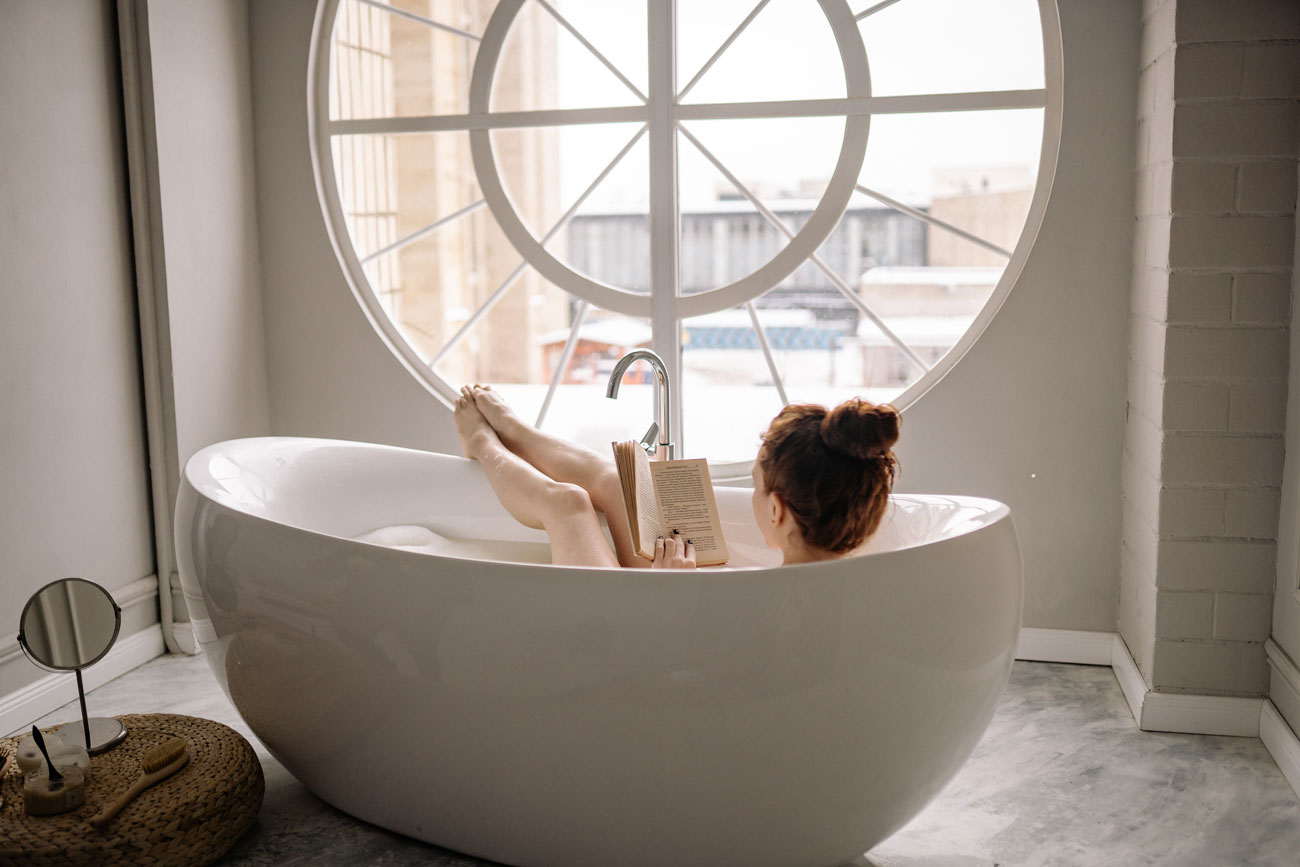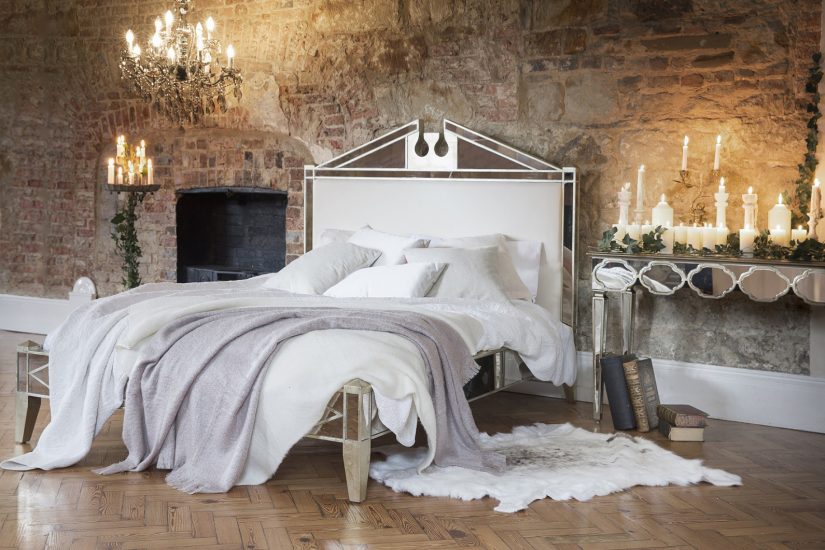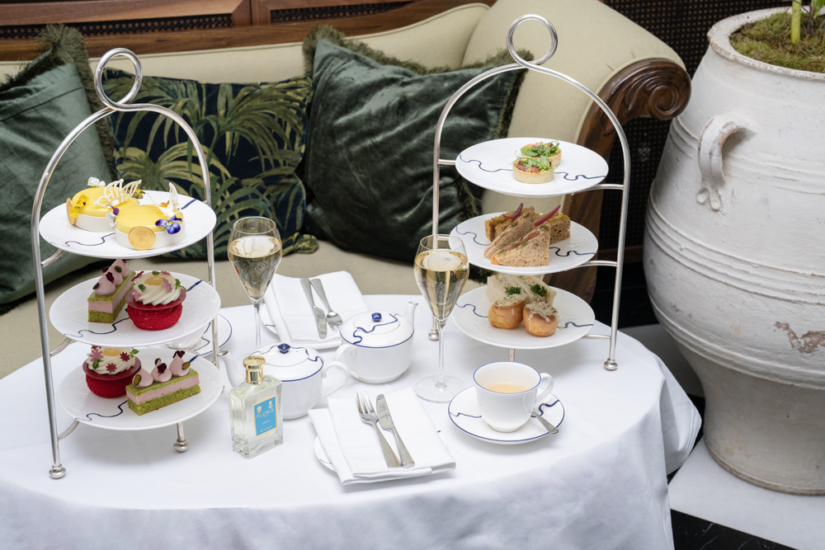After a long lockdown and restrictions lifting, most of us are looking forward to some fun in the warmer weather. However, something that can often feel lacking in the warm months is sleep. We spoke to Dr Alka Patel, GP, health coach, lifestyle medicine physician, and the creator and founder of The Lifestyle First Method®, who shared her expertise on why we struggle to sleep in the heat and what we can do to help.
Why do we struggle to sleep in the heat?
To successfully initiate sleep, your core body temperature needs to decrease a little. That’s why you’ll always find it easier to fall asleep in a room that is too cold rather than too hot.
Is there an ideal room temperature?
A room temperature of around 18.3°C is ideal for the sleep of most people, which might sound very cool.
How can we lower body temperature in the warmer months?
One way to control your core body temperature is through the surface of your skin. So, warming your hands and feet will help your body’s core body temperature drop. That’s why you sometimes find yourself putting your feet out from under the duvet. If you don’t have the natural drop of an evening temperature, your brain doesn’t receive the instructions from the hypothalamus that causes a release of melatonin.
Having a hot bath in the evening is a good way to fall asleep quickly but it’s not because you’re nice and warm, it’s because the hot bath brings blood to the surface of your skin and the dilated blood vessels on the surface quickly help to radiate out your inner heat, causing your core body temperature to drop.
A hot bath prior to bed can induce 10 to 15% more deep in REM sleep, as well. Your biological circadian rhythm coordinates a drop in core body temperature as you near bedtime reaching its low point about two hours after sleep onset. This temperature rhythm is not dependent on whether you are actually asleep, so even if you stayed awake all night your core body temperature would still show a pattern of dropping.
Alka’s Restful Night’s Sleep Tips:
Sleep Music – Music can help reduce stress and distress, so listening to soothing music before bedtime can help you to relax. Try and avoid music that is overstimulating. Sounds of nature such as the ocean or birds may help you relax into a more restful mental space. Instrumental classical music is also a good choice. Just avoid your favourite sing-along tune!
Sleep Mask – Light can have a huge impact on our sleep-wake cycle so try and expose yourself to as much natural light as you can during the day and keep your room as dark as possible at night. Wearing an eye mask at night can help, so why not try one? Experiment with what you like – there’s lots to choose from – ones you can warm up or cool down; cashmere, silk, or velvet…
Sleep Alarm – It may sound odd as many of us are used to setting an alarm to wake up, but an alarm to go to bed means having a fixed bedtime and a fixed wake-up time. This is a very good way to reset your body clock. Consistency is key – stick to the same times at the weekend and weekdays. If you do want a lie-in during the weekend, don’t let the difference between weekday and weekend wake-up times exceed a 2-hour difference.
Sleep Breathing – Deep breathing can switch off the stress response and trigger the relaxation response, easing you into a state of sleep.
- Lie down on your back with your head on a comfortable pillow.
- Place one hand just below your rib cage and the other on the top of your chest.
- As you breathe in, feel your stomach rise up against your lower hand. As you breathe out, feel your stomach move away from your lower hand.
- Keep your upper hand still
- Try and slow your breath down to 5 – 6 breathes a minute




